Article not found
This article is no longer available. But don't worry—we've gathered other articles that discuss the same topic.
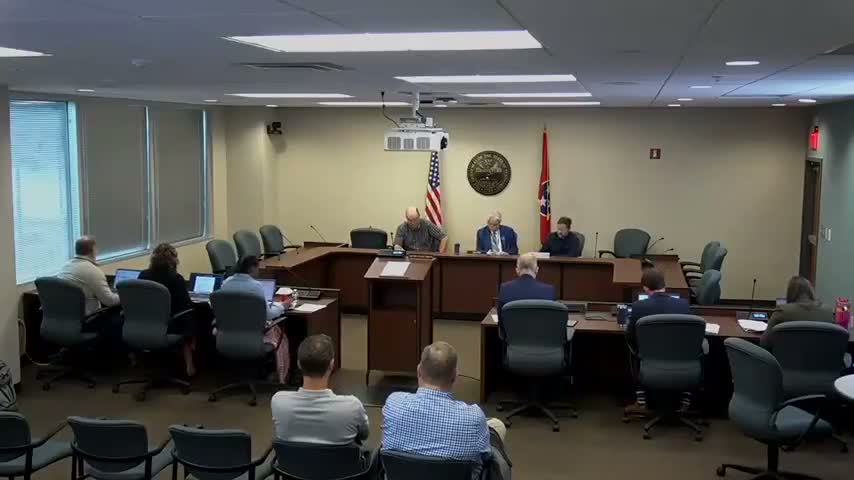
Board hears budget report; staff flags off‑renewal deficit, technology and investigations charges
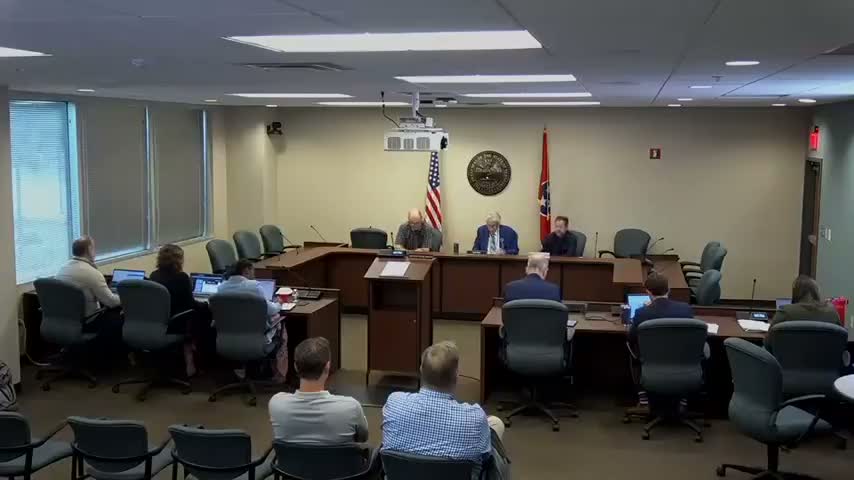
Board of Land Surveyors adds Carlson/US Fish & Wildlife course to education list
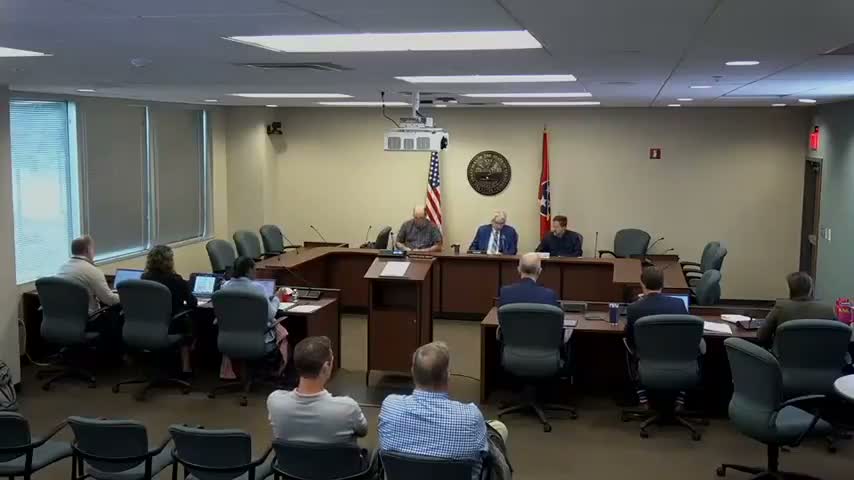
Board issues warnings, dismissals across 10 complaint files; unlicensed drone/LiDAR complaint deferred for full review
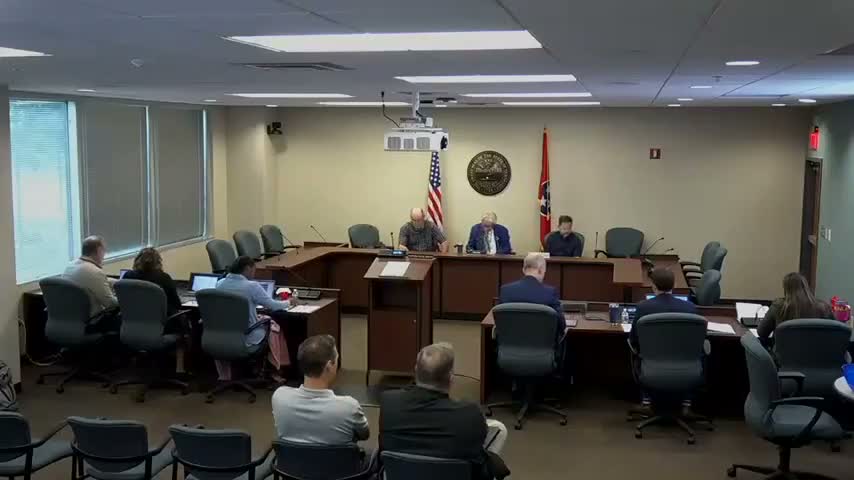
Tennessee Board of Land Surveyors issues warnings, dismisses multiple complaints and defers drone-survey probe

Board of Land Surveyors approves education item, issues warnings and dismissals in complaint docket
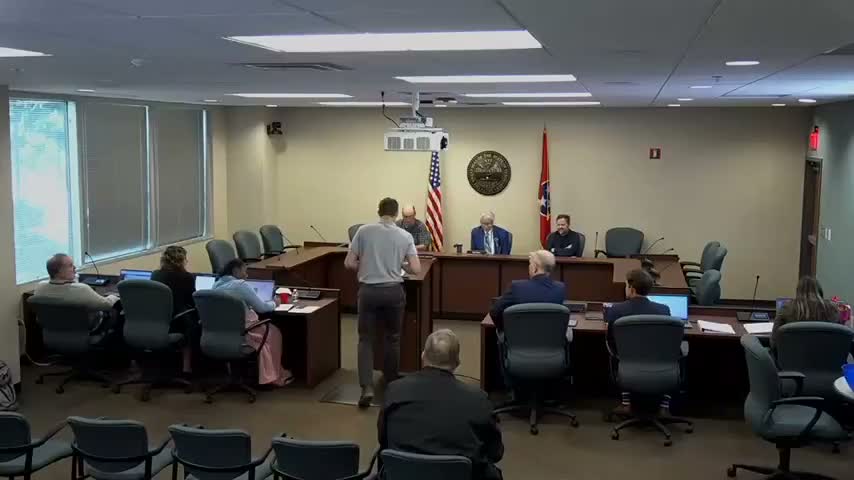
Board approves education addition, hears budget review and hears applicant’s request for exception
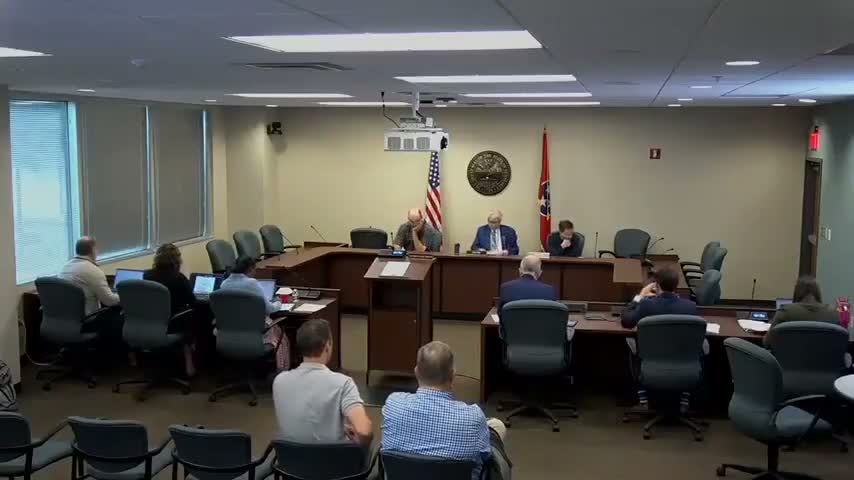
Board staff flags April technology and investigation charges in budget update; renewals expected to shift finances

